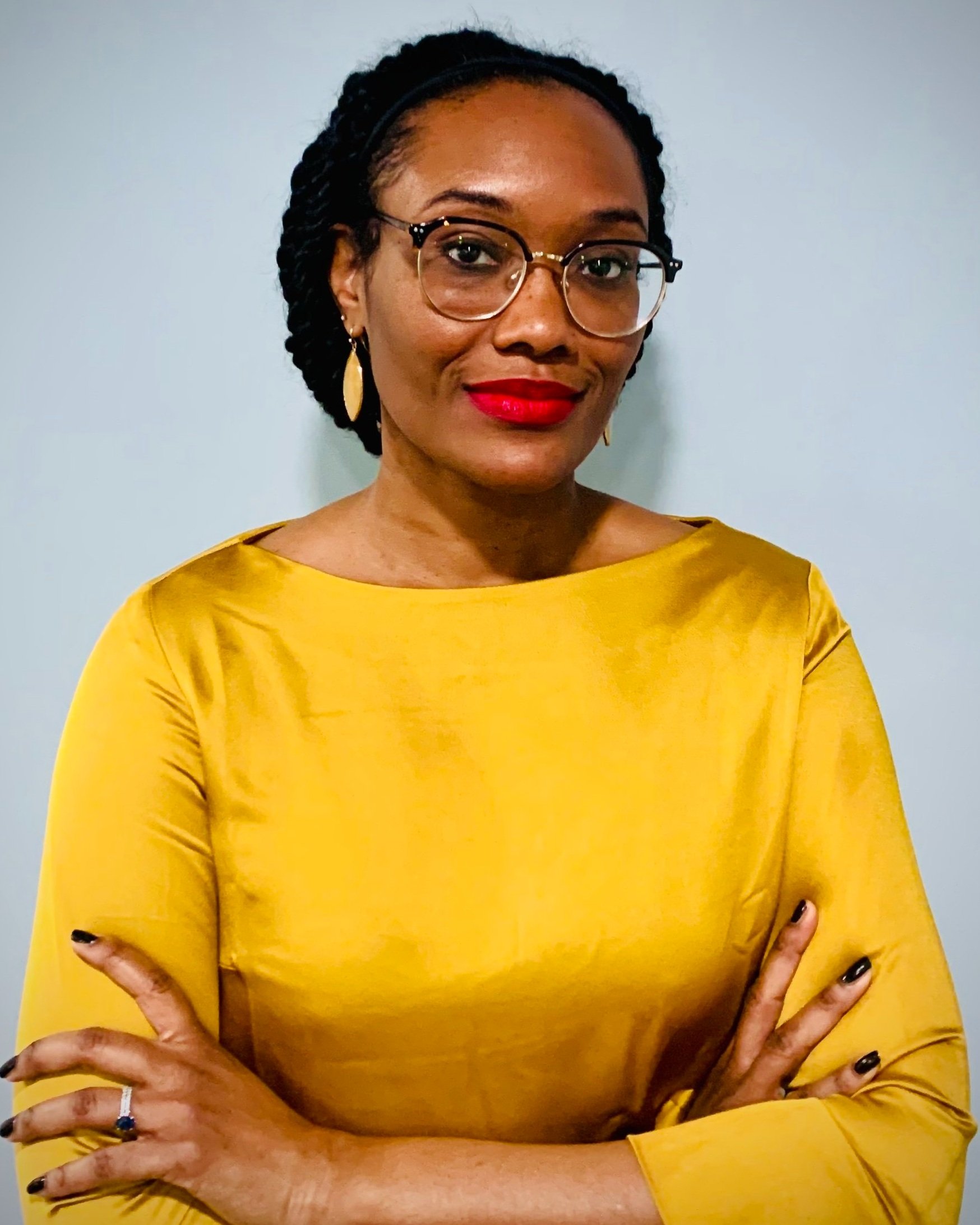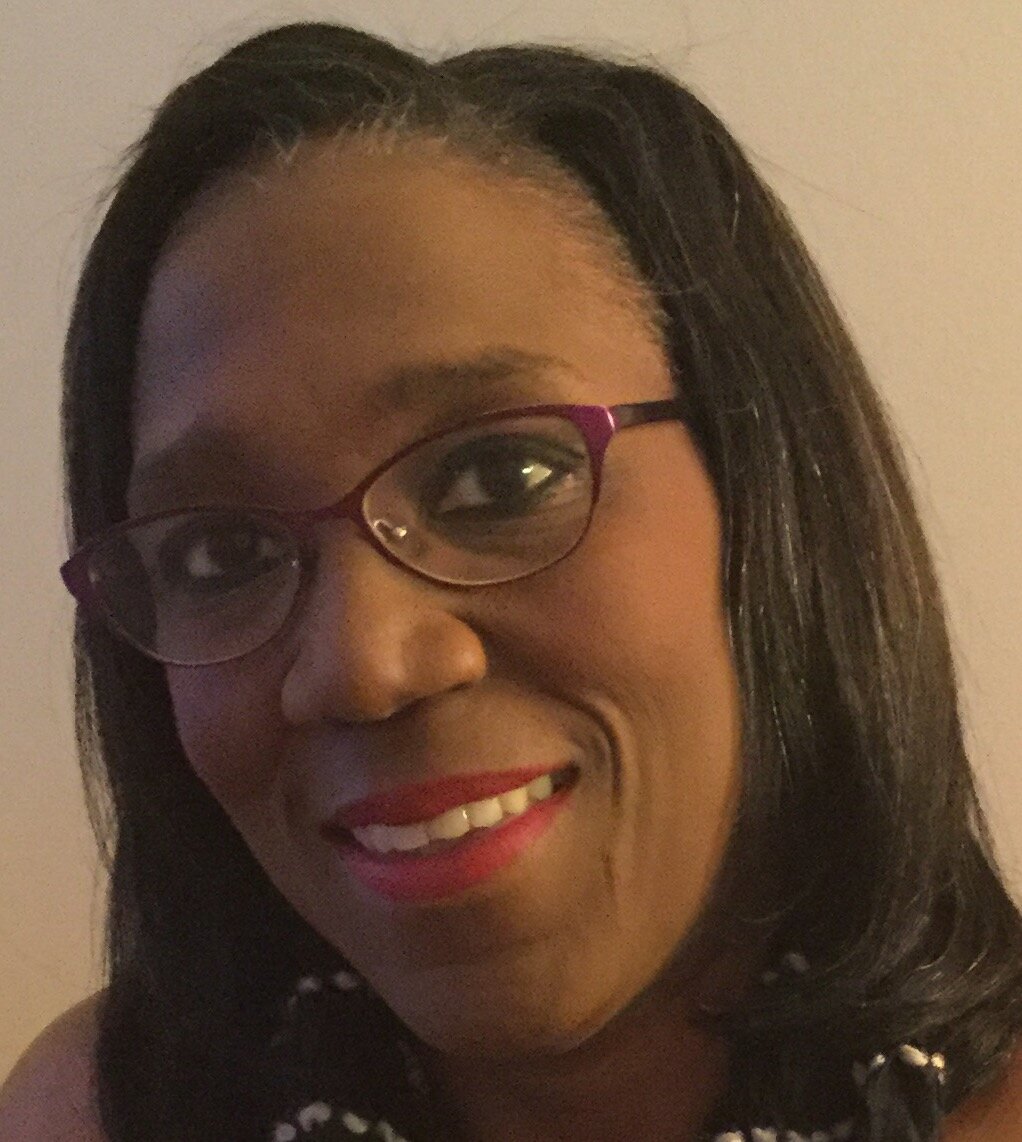Commitment to Equity
Ridgeville Park District is committed to ensuring that our parks, facilities, services and programs are accessible to all people regardless of race, color, religion, national origin or citizenship status, sex, gender identity or expression, pregnancy, sexual orientation, age, disability, or military status.
The Racial Equity, Diversity, and Inclusion (REDI) Committee
The Racial Equity, Diversity, and Inclusion (REDI Committee aims to aid the Ridgeville Park District (RPD) in continually transforming how we engage, partner, invest, adapt our internal culture to ensure we are creating equitable opportunities and impact within the park district and the RPD community. In pursuit of this goal, we intentionally examine our policies, practices, services, and facilities through an equity lens to identify and remove any barriers that would ultimately limit or prohibit any community members from fully participating at RPD.
Recognizing that racial inequities persist in every system across the country, our work will initially focus on race. Our focus on Racial Equity in the Ridgeville community, identifies Black people as those with the greatest areas of focus to be addressed. Our focus on race acknowledges that because our economy is built on a racist past (slavery, Native American genocide, and systemic and institutional racial exclusion) and that race can be found at the intersection of any demographic identity, (including, but not limited to gender, age, class, sexuality, ability). Racism can pose a barrier to communities effectively working together for social change. By addressing race and racism, we address the interconnected ways marginalization takes place so that we can achieve greater unity across all communities. The outcomes and impact of a focus on Racial Equity is not exclusive to “only race”. It is the practice of starting with a racial equity analysis, which creates the conditions to impact other marginalized populations.
Ridgeville Park District’s Racial Equity Charter & Equity Lens Process
Please Note: All content for this equity page was compiled by Ridgeville’s Equity Consultants, the REDI Committee, and from community input. We welcome your input. If you have ideas or feedback, please let us know! Email programs@ridgeville.org.
This page was developed to serve as a living resource for RPD and our community. Below you will find definitions, resources, and key terms for our focus on equity, starting with qualities that define an Antiracist organization.
An Antiracist Organization is an organization that:
Commits to the challenge of dismantling racism.
Has structured all aspects of institutional life to ensure full participation of people of color, including their culture; and the full participation of white people as allies in eliminating racism.
Has the ability to recognize and address racism within the organization in a manner that builds strength, community, and trust.
Creates an organizational culture that is inclusive.
Goes beyond tolerating differences to respecting, seeking out, and embracing different approaches that are a result of employee diversity.
Implements policies and practices with inclusive decision-making throughout the organization.
Creates a culture of accountability; understands and addresses impact on racially oppressed communities.
The following definitions guide our work:
Antiracism: An active approach to identification and elimination of racism, by changing oppressive systems, structures, policies, practices that reinforce racism and racists practices.
Equity: Fair and just treatment, access and opportunities for all people while building better outcomes for historically and currently disadvantaged populations.
Equality: The state of being equal, especially in terms of rights, access, status, and opportunity.
Equity versus equality- RPD strives towards reaching a place of equity, recognizing and accounting for each person and community having different circumstances and obstacles, and working towards creating access to programs, services, and facilities for all people.
Microaggressions: Commonplace intentional, and oftentimes unintentional, verbal and nonverbal slights that impact individuals who identify as being from marginalized groups. There are three types of microaggressions; microassaults (deliberate and intentional slights intended to hurt the intended victim), microinvalidations (attempts to discredit or minimize the experience of a person from a marginalized group), microinsults ( insensitive comments that subtly disrespect a person’s identity).
Race: Is the idea that the human species is divided into distinct groups on the basis of inherited physical and behavioral differences. It is a social category forged historically through oppression, slavery, and conquest.
Racial Equity (both a process and an outcome):
As a process, racial equity is doing the work to address root causes of inequities (not just their manifestation). This includes elimination of policies, practices, attitudes, and cultural messages that reinforce differential outcomes by race or that fail to eliminate them.
This work must include those most impacted by structural racial inequity. They are meaningfully involved in the creation and implementation of the institutional policies and practices that impact their lives.
As an outcome, we achieve racial equity when race no longer determines outcomes; when everyone has what they need to thrive.
Racism: includes prejudice, discrimination or hatred directed at someone because of their color, ethnicity, or national origin based on the belief that one’s own race is superior.
The belief that all members of each race possess characteristics or abilities specific to that race, especially so as to distinguish it as inferior or superior to another race or races.
Racism contributes to a system that provides privileges to those who are in the dominant group over those in the non-dominant group based on race. These privileges result in increased power and are reinforced through racial prejudice.
Racism differs from implicit bias, which is a conscious, or unconscious, prejudice against an individual or group based on their identity.
Types of Racism:
Individual Racism: The beliefs and attitudes of an individual that supports and perpetuates racism. Individual racism can occur at both an unconscious and conscious level and can be both active and passive.
Interpersonal Racism: Bringing personal beliefs on race into our interactions with others and engage in discriminatory behaviors (ex: microaggressions), whether intended or not.
Institutional Racism: Policies, practices, and behaviors within an organization or institution that results in discrimination against people of color.
Systemic Racism: Discrimination that is perpetuated within a system that was established and reinforced by practices and principles rooted in racism.
Structural Racism: Discriminatory practices, principles, cultural values, and ways of life that have been engrained in a society and perpetuate racism and discrimination.
White Privilege: Societal privileges that benefit white people over people of color, including greater access to power and resources than people of color. It is not racist to have white privilege and recognize its existence. White people did not “earn” disproportionate access; white privilege exists because of historic, and enduring racism and bias in our society. Read more.
Recommended reading on antiracism and celebrating Black lives:
For adults:
How to Be an Antiracist by Ibram X. Kendi (recommended by Dr. Pat Efiom)
Tears We Cannot Stop by Michael Eric Dyson (recommended by Dr. Pat Efiom)
Antiracist Reading List from Ibram X. Kendi (Chicago Public Library)
For teens and young adults:
Between the World and Me by TaNehisi Coates (recommended by Aisha Robinson)
For children:
Picture books and Flashcards on African Origins (recommended by Anya Tanyavutti M.A. Ed.)
Picture books for Pre-K, Kindergarten & Elementary (recommended by Jacy Herman)
Elementary & Middle School (compiled by Harper and Iden Nowlin)
2022-23 Racial Equity Consultant
Aisha Bell Robinson, BC-DMT, LCPC is a Board-Certified Dance/Movement Therapist and a Licensed Clinical Professional Counselor. Aisha is the founder of Bella Consulting Group, LLC, focusing on Wellness, Diversity, Equity & Inclusion, and Training. Aisha is also currently Co-Editor-In-Chief for the American Journal of Dance Therapy, a national peer reviewed research journal. Aisha has worked as a consultant providing coaching, training, policy audits, and program development for organizations focused on DE&I. She has served on national DE&I committees developing content, resources, and providing training.
Aisha has trained nationally on topics of wellness, trauma informed care, embodied practice, ethics, implicit bias, and cultural competence.
As part-time Faculty at Columbia College Chicago she taught Social and Cultural Foundations, guest lectured in family counseling and clinical appraisal, and was a thesis advisor. She served on the Standards & Ethics Committee for the American Dance Therapy Association for seven years, aiding in the revision of the ethical code for the association.
Her clinical and research foci and interests include topics related to Diversity, Equity, and Inclusion. Additionally, Aisha has been published in the book "Dance/Movement Therapy for Trauma Survivors: Theoretical, Clinical, and Cultural Perspectives." Aisha believes that attention to diversity, equity, and inclusive practices are foundational to creating thriving communities and has been engaged in this work for over a decade.
2019-21 Racial Equity Consultant
Dr. Patricia A. Efiom is a thought leader in inclusive leadership, disrupting implicit bias, removing systemic bias in recruitment and advancement, intercultural skills, managing multicultural teams and allyship. She has the unique ability to bring together people of all backgrounds to engage in difficult conversations resulting in organizational change.The cornerstone of her consulting practice is building a foundation through teams– whether among staff, elected officials, community groups, neighbors or cohorts made up of a combination of stakeholders – that will put into place the policies, processes and procedures, and systems that ensure the important work of equity, diversity, and inclusion is able to continue on and thrive.


